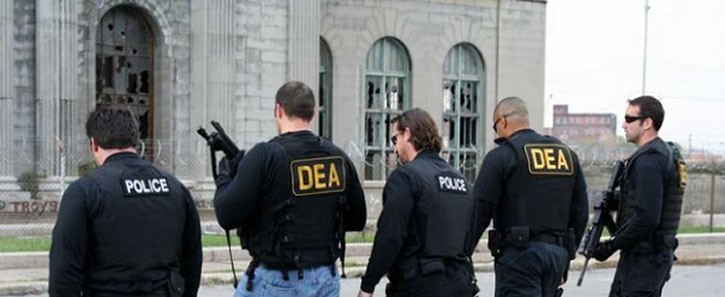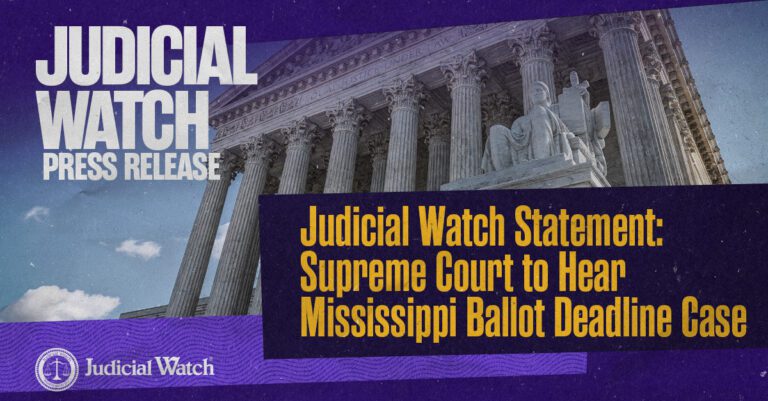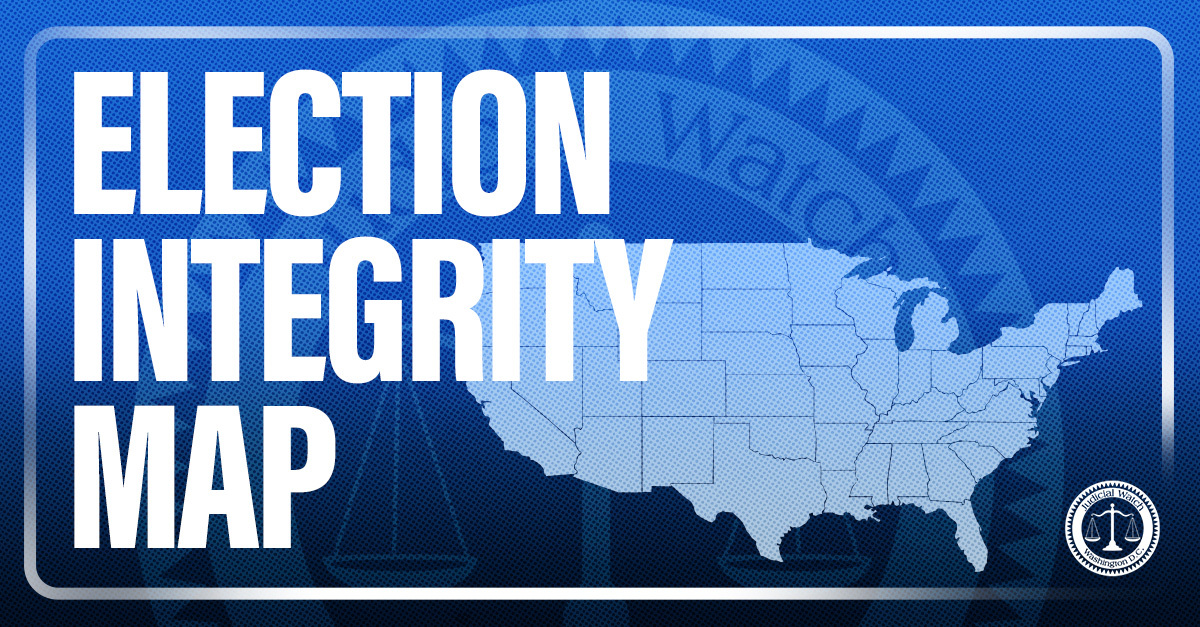
DEA Blasted for Botching Operation, Lying to Coverup Wrongdoing

In the latest scandal to rock the beleaguered Drug Enforcement Administration (DEA), the agency covered up a series of failed operations in Honduras that killed four innocent civilians—including a 14-year-old boy and two pregnant women—and injured several others. The drug interdiction missions were conducted jointly by the DEA, U.S. State Department and the government of Honduras between May 11 and July 3 of 2012 as part of a program called “Operation Anvil.” A scathing federal audit released this week by the Inspector General for the departments of Justice and State, offers troubling details of the DEA’s transgressions in the Central American operations, coverup and lies to Congress.
Investigators found that in the aftermath of the botched missions, top DEA officials consistently lied to the Department of Justice (DOJ), the DEA’s umbrella agency, and federal lawmakers. The probe also determined that DEA agents acted in a command role during the missions rather their authorized role as advisors, failed to cooperate with Diplomatic Security’s efforts to investigate, blocked Honduran investigators from questioning agents or examining their weapons and failed to report a host nation counterpart’s planting of a gun at the scene. Then, when the DEA supposedly conducted an internal investigation of the shootings, the facts were covered up. This is referred to as a “paper exercise” in the IG’s lengthy report. “…DEA inspectors did not meet their responsibility of ensuring a thorough, factual, and objective investigation of a very sensitive shooting incident,” the watchdog report states.
In the May 11 incident in Ahuas, Honduras four people were killed—including two pregnant women—and four others were injured. U.S. and Honduran law enforcement officers aboard a canoe-like boat loaded with seized cocaine opened fire on a nearby passenger boat, the report says. A DEA agent also ordered a Honduran law enforcement helicopter to fire on the passenger boat, killing four people and injuring four others. The DEA claimed passengers on the boat fired at authorities, though there was never any evidence of it. “Even as information became available to DEA that conflicted with its initial reporting, including that the passenger boat may have been a water taxi carrying passengers on an overnight trip, DEA officials remained steadfast – with little credible corroborating evidence – that any individuals shot by the Hondurans were drug traffickers who were attempting to retrieve the cocaine from the pipante,” the report states.
In a June 23 operation in Brus Laguna, Honduras a DEA agent killed a man lying face down. Law enforcement officers were searching for drug suspects that had already fled the area, the IG writes. DEA officials lied about the event, reporting that the shooting involved an armed suspect who ignored orders to drop his weapon during a search for drug traffickers. In a separate incident on July 3, DEA agents fired multiple shots at a pilot who ignored their commands by reentering a plane that had crash landed near Catacamas, Honduras. Investigators from the IG’s office determined that a handgun was planted at the scene by a Honduran police officer to justify killing the pilot and U.S. officials went along with it. The gun planting was discovered because the first agency report involving the July plane incident made no mention of the use of deadly force, even though a man had been shot at the scene.
With about 5,000 special agents, the DEA is tasked with combating the illegal drug trade and leading the nation’s failed, multi-billion-dollar war on drugs. Instead the agency is best known for its embroilment in a multitude of scandals, including losing weapons and engaging in sex parties with prostitutes provided by drug cartels. For years agents participated in wild sex parties with hookers paid for by local drug cartels in foreign countries, according to a federal audit that reveals the parties were held in locations leased by the U.S. government where sensitive equipment such as agents’ laptops and electronic devices were laying around. Adding insult to injury, half of the federal agent investigated for partying with prostitutes got financial bonuses from the DEA, according to a federal audit published months after the hooker scandal broke. Prior to that the DEA made headlines for losing weapons and agency laptops containing sensitive files.
Last year Judicial Watch reported that the DEA paid a fellow government employee nearly a million dollars to provide information that was available for free. The transgression involves the use of a paid Confidential Source (CS) working in the nation’s passenger train system, known as Amtrak. As part of a joint task force that works to interdict passengers trafficking contraband on trains the DEA and the Amtrak Police Department (APD) share information and intelligence in the course of their duties. A federal probe discovered that the DEA paid an Amtrak employee an alarming $854,460 for information that was already available at no cost to the government, violating federal regulations relating to the use of government property.

















